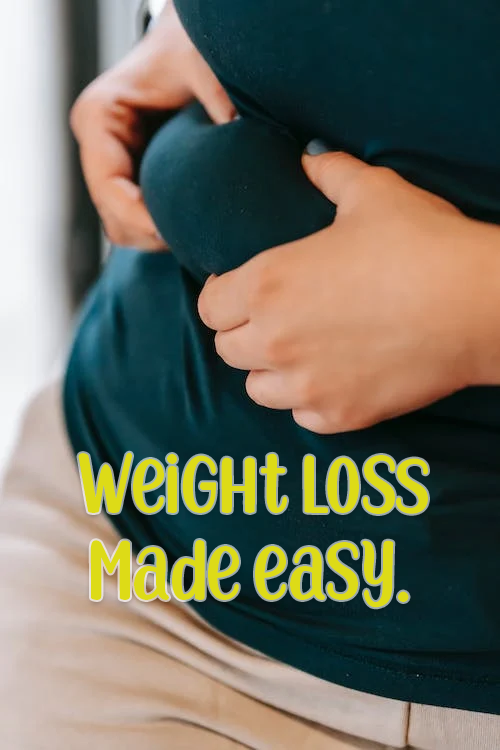Weight loss, a significant concern for many people around the world, is not a straightforward process. It involves a complex interplay of dietary habits, physical activity, and individual biology. Understanding how to effectively lose weight and estimating the duration it might take can be challenging but is crucial to planning a successful weight loss journey. This essay will explore the fundamentals of weight loss, focusing on the strategies and time frame involved.
Understanding weight loss
Weight loss is primarily a matter of energy balance. The body needs a certain amount of energy (calories) to carry out its functions, and this energy comes from the food we eat. If we consume more energy than we use, the excess is stored as fat. Conversely, if we consume less energy than we use, our bodies burn stored fat to make up the difference, leading to weight loss.

Strategies for Weight Loss
- Dietary Changes: The most effective way to lose weight is to reduce the amount of energy you consume. This can be achieved by reducing portion sizes and choosing foods that are lower in calories. Foods high in protein and fiber tend to be more filling, making it easier to eat less without feeling hungry. Cutting down on sugars and refined carbohydrates, which are high in calories and low in nutrients, can also help.
- Physical Activity: Exercise increases the amount of energy your body uses, contributing to the energy deficit needed for weight loss. The American College of Sports Medicine recommends at least 150 minutes of moderate-intensity exercise per week for weight loss, though more can be beneficial. Both aerobic exercises like running and swimming, and resistance exercises like weightlifting, can aid in weight loss.
- Behavioral Changes: Lasting weight loss requires changes in behavior. This can include strategies like keeping a food diary to monitor what and how much you’re eating, planning meals and snacks ahead of time, and finding healthy ways to manage stress instead of turning to food. These three strategies for weight loss are the most commonly focused on & recommended the fitness & health industry has to offer.
How long will it take to lose weight?
The duration of weight loss varies significantly between individuals due to factors such as starting weight, diet, physical activity level, age, and gender. However, a safe and sustainable rate of weight loss is generally considered to be 1-2 pounds per week. This rate of loss is achievable by creating a daily energy deficit of about 500-1000 calories. The most common strategies for weight loss are outlined below.
Using this guideline, if you wanted to lose 20 pounds, it could take anywhere from 10 to 20 weeks. However, weight loss often slows down after the first few weeks due to adaptations in the body’s metabolism. Also, it’s important to note that weight loss is not always linear; there may be weeks where you lose more or less than your average, or even weeks where your weight stays the same.

The Importance of Sustainability
While it’s natural to want to lose weight as quickly as possible, rapid weight loss can be unhealthy and often leads to regain. When weight is lost quickly, it’s often due to loss of water and muscle, not just fat. Also, very low-calorie diets can be difficult to stick to and can lead to nutrient deficiencies.
Instead, aim for slow and steady weight loss. This is more likely to result in long-term changes and a healthier body composition. It’s also important to make changes that you can stick with long-term, rather than temporary “quick fixes.”
Conclusion
Weight loss is a journey that requires patience, perseverance, and a thoughtful approach. It’s not just about reducing the number on the scale, but about creating a healthier lifestyle that you can maintain in the long term. By focusing on sustainable dietary, physical activity, and behavioral changes, you can lose weight at a safe and healthy rate and
